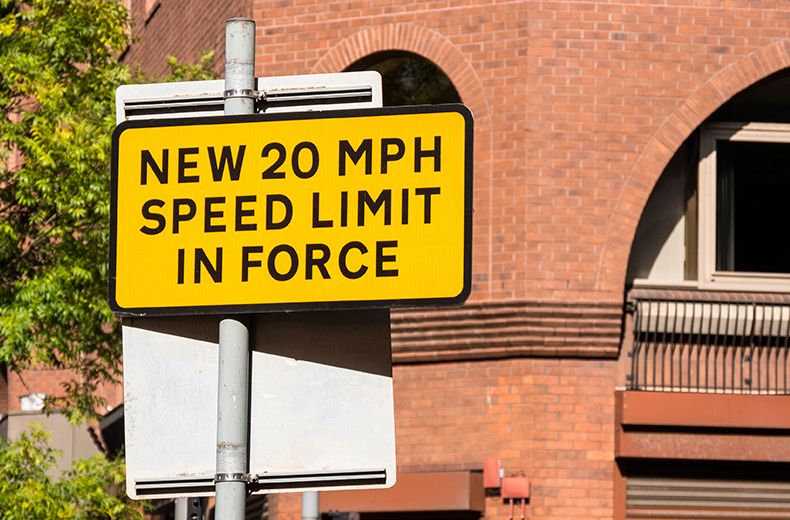The Welsh government remains keen to slash limits from 30mph to 20mph, in spite of a Department for Transport (DfT) report which claims objectives like air quality improvement and accident reduction would likely not be hit.
But following recent trials in Cardiff and Swansea, First Minister Mark Drakeford says there is plenty of evidence to support the move, providing “significant” public health benefits for the country.
Mr Drakeford, the Welsh Labour leader, pointed out that “hundreds of millions of pounds” have been provided across the Assembly term for small area 20mph zones.
But the DfT’s end of year report in 2018 found that 20mph zones in England failed to improve road safety, reduce air pollution or increase the uptake of walking or cycling over a four-year period.
It also found average speeds fell by just 0.7mph across 20mph zones in residential areas.

RAC sale – up to 33% off*
• Roadside cover from £5.49 a month*
• We get to most breakdowns in 60 mins or less
• Our patrols fix 4/5 breakdowns on the spot

Furthermore, drivers were found to routinely break the 20mph limits on residential roads, with over a third also ignoring them in city centres. This was mainly due to a lack of enforcement of the limits, the report claimed.
Trials of 20mph zones have been in place in Cardiff for years, with reduced speed limits currently being reviewed in Riverside, Canton, Grangetown and Gabalfa.
- 20mph zones failing to sufficiently cut accidents
- Speed limits in the UK: know the laws
- More motoring news
Campaign groups like 20's Plenty for Us have voiced their support for the Welsh initiative, claiming a person is seven times less likely to die if hit at 20mph than 30mph – or 10 times if they’re over the age of 60.
The group said: “The introduction of 20mph limits in built-up areas has a small but significant impact on vehicle speeds and casualty numbers – and when used in combination with other initiatives such as road design, enforcement, new technology and programmes of behaviour change, has the capacity to reduce maximum vehicle speeds towards the 20mph target and thus make major inroads into casualty levels.”
A report by Public Health Wales in 2016 also claimed there would be significant public health benefits from dropping the limit from 30mph in built-up areas.
Copyright Press Association 2019. Motoring News articles do not reflect the RAC's views unless clearly stated.





